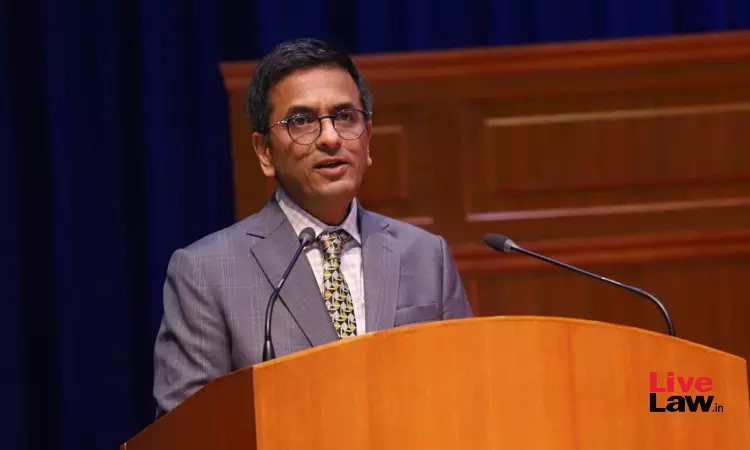While speaking about the low representation of women in the legal profession, Chief Justice of India Dr. DY Chandrachud pointed out that stereotypes against women made it difficult for them to get recruited. He pointed out that in Tamil Nadu alone, for every 50,000 male enrolments, there were only 5000 female enrolments. These statistics were similar all over the country. The CJI was speaking...

